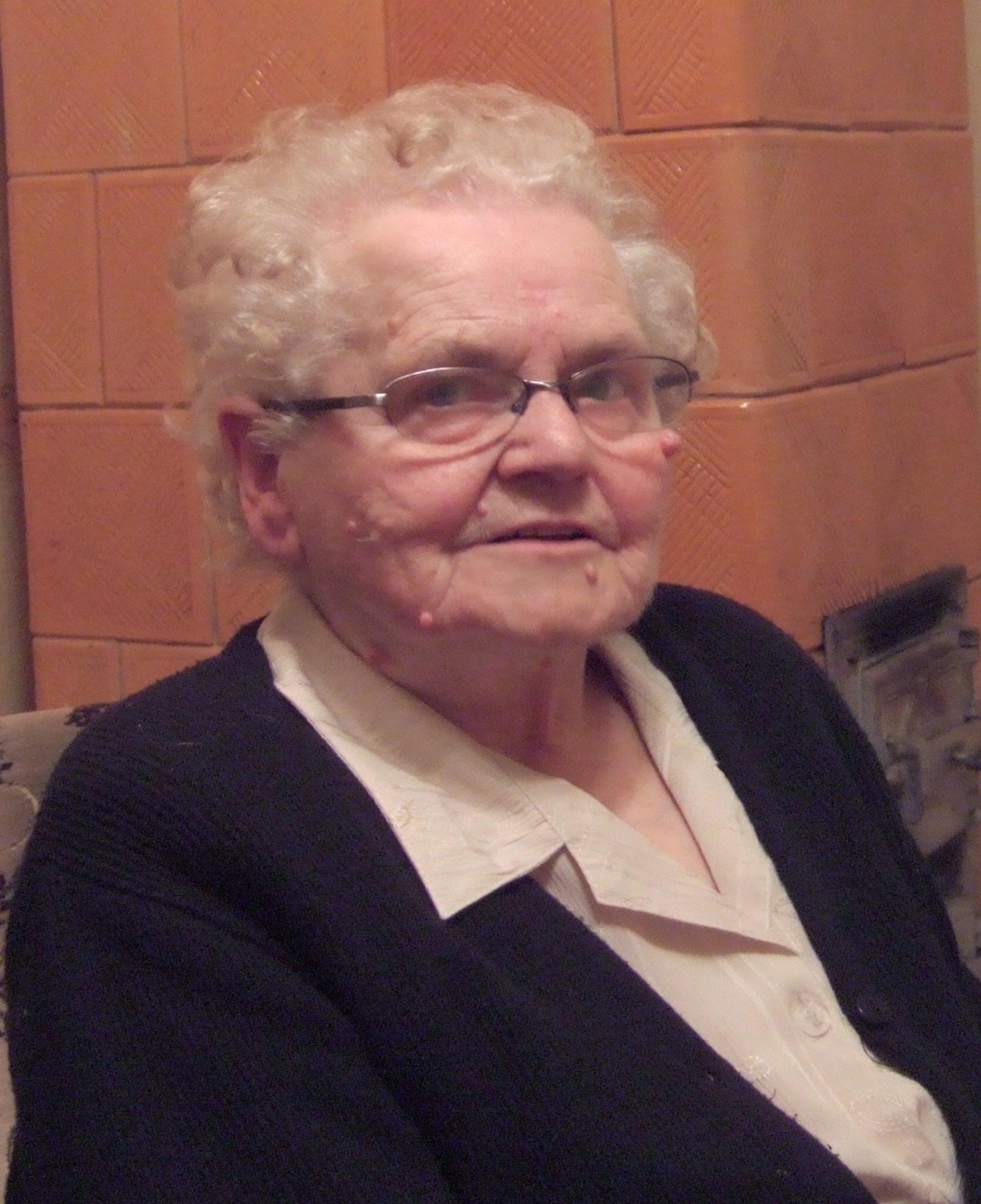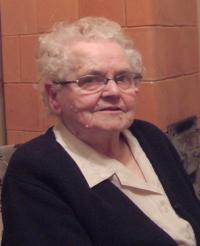“I remember them coming from Lviv, from all those areas. They told them to choose flats and there were jobs for them.”

Stáhnout obrázek
Born in Kazimierz near Szamotuły on 13 July 1924. Her father was a railwayman. In 1926, he was transferred to work to Chodzież and moved there together with his whole family. Helena Kapuścińska completed primary school in Chodzież, she was to start learning at the local secondary school in September 1939. In August 1939, Helena Kapuścińska’s father was called up and she was evacuated together with her mother and younger siblings near Lviv. After the entry of Soviet troops the family managed to come back to Chodzież in early October. In June 1940, Helena Kapuścińska was directed to work at a German estate in Stróżewice near Chodzież. In August 1944, she was deported to a labour camp near Płock to dig anti-aircraft trenches. After the Soviet front had moved she came back to Chodzież which she left with his father in March 1945 to work at starting a railway line in Wieleń Północny. In May 1945, she started working at the railway station in Krzyż. In 1948, she married and moved to Krzyż. She worked at the communications section on the railway until her retirement. She now lives in Krzyż.
